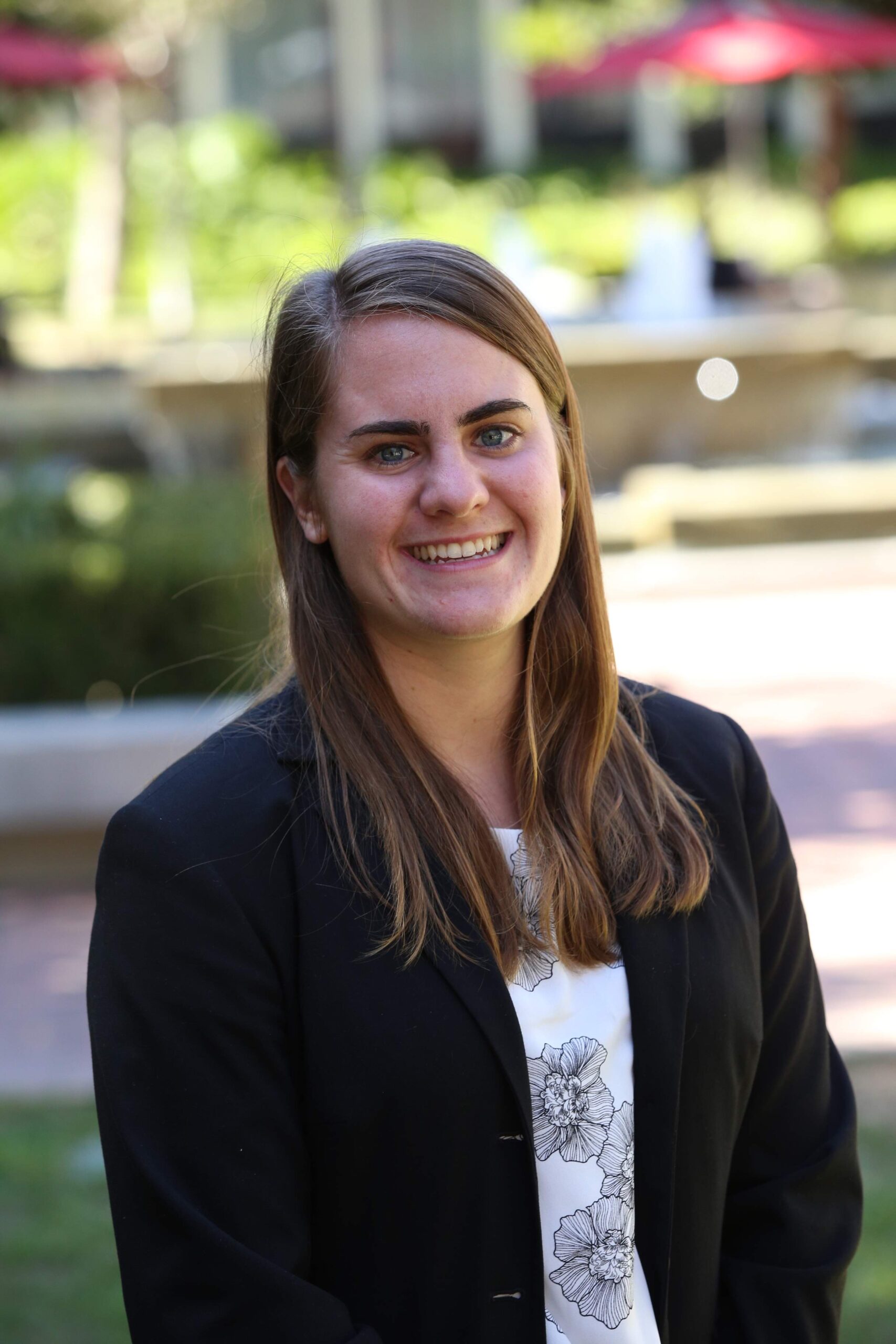
Faculty Candidate Seminar
Theoretical Foundations and Design Methodologies for Cyber-Neural Systems: a Case Study in Epilepsy
Add to Google Calendar

Zoom Link for remote participants, password ECECAN
Abstract: Epilepsy is a prevalent neurological disorder affecting around 50 million individuals globally. Despite the widespread use of medications, only about 70% of patients achieve seizure control. Moreover, surgery success rates range from 30% to 70% due to our limited understanding of the origin and propagation of seizures in the brain. Fortunately, alternative treatments such as neurostimulation exist, but current devices face significant challenges in providing efficient and effective care to patients.
To address these issues, my research focuses on developing effective strategies to mitigate epilepsy through advanced neurostimulation techniques that rely on controlling fractional-order dynamical networks. Remarkably, fractional-order dynamical systems have proven to be accurate models of neural behavior. By analyzing these models and deriving essential properties and feedback control strategies, I have developed innovative approaches to mitigate seizures and identified new insights into the treatment of epilepsy. My work has the potential to transform the way we approach the treatment of epilepsy and thereby improve the lives of millions of individuals affected by this debilitating condition.
Bio: Emily A. Reed is currently an Electrical and Computer Engineering Ph.D. Candidate at the University of Southern California. In 2019, she received her M.S. in Electrical Engineering from the University of Southern California. In 2017, she received her B.S. degree in Electrical and Computer Engineering with honors research and global engineering distinction from The Ohio State University. Emily is interested in designing and analyzing novel control strategies, algorithms, and machine learning tools to better understand, predict, and control complex dynamical networks. Emily has received several fellowships including the National Science Foundation Graduate Research Fellowship, the National Defense Science and Engineering Graduate Fellowship, the USC Annenberg merit fellowship, one of USC’s most prestigious fellowships, and the Qualcomm USC Women in Science and Engineering merit fellowship. In 2022, Emily was named a Rising Star in EECS. In 2020, Emily was nominated as a Best Student Paper Finalist at the 42nd Annual International Virtual Conferences of the IEEE Engineering in Medicine and Biology Society in conjunction with the 43rd Annual Conference of the Canadian Medical and Biological Engineering.
 MENU
MENU 
